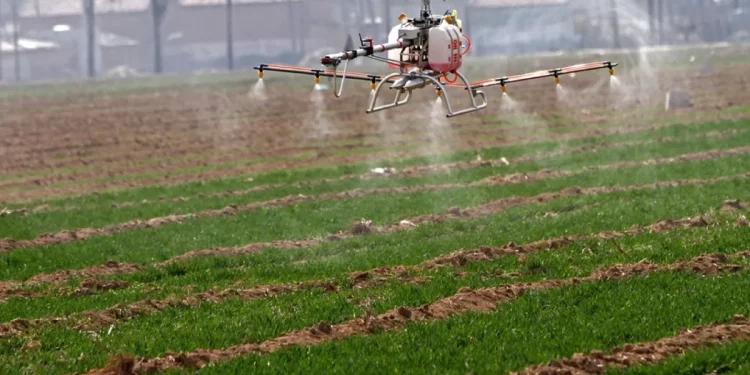It’s time to rethink the stereotypes about agriculture. Yes, so far the average salary in Russia in the agricultural sector is ₽39,436.8 (Rosstat data for 2021) against the average for all industries of ₽57,243.7. But it is growing at a faster pace – by 54% compared to 2017, while in the whole country wages increased by 46%, RBC reports.
The salary in the agro-industrial complex depends on the profession
“Agronomist in our region receives from ₽50,000 to ₽70,000,” says Alexei Bobryshev, Vice-Rector for Research and Innovation at the Stavropol State Agrarian University (StGAU).
He also predicts an increase in the salaries of such specialists. “The starting salary for specialists without experience is from ₽40 thousand, and the salary, for example, for an agronomist with experience is ₽150–250 thousand and more,” says Vladimir Avdeenko, Director of the Directorate for the Development of Agro- and Biotechnologies at Innopraktika .
The average salary will grow as low-skilled specialties become obsolete.
trends.rbc.ruPhoto: trends.rbc.ru
According to Bobryshev, it is in agriculture that the largest percentage of staff replacement is expected as a result of automation. First of all, the professions of markers, packers and sorters disappear.
Drone over the field
But a lot of new highly qualified professions have appeared in the industry over the past ten years. According to Bobryshev, agricultural enterprises have exhausted the growth points associated with the increment of land, and now there are two main trends in agricultural production:
Maximum optimization of each technological operation (due to solutions in the field of IT and automation).
Increasing the yield and quality of products (through the use of biotechnology).
Therefore, today agricultural enterprises are waiting for the following specialists:
Unmanned aerial vehicle operator
Why is there a drone on the field? For example, to accurately determine the boundaries of the site, check the condition of crops, map soil fertility, weed distribution, measure the harvest. You can earn from ₽40 thousand to ₽100 thousand per month.
Specialist in robotics and mechatronics
This is the one who develops drones that make field maps. And also – robots for harvesting, computer vision systems for detecting plant diseases, control systems for group drones – in general, high-tech automation tools for the industry. The salaries of roboticists vary from ₽35,000 to ₽80,000.
Data scientist (data analyst)
The analysis of “big data” in agriculture is needed to study diseases, weeds, soil, growth problems. Artificial intelligence is able to monitor the state of crops in real time and predict the spread of diseases. There are systems that determine the time of sowing according to the condition of the soil, there are systems that monitor the health and mood of cows on the farm. All these are developments in the field of Data Science, for which you can receive from ₽50 thousand to ₽400 thousand per month.
selection programmer
Also an IT profession, but more narrowly specialized. A specialist is required to work in a special software environment that maintains selection and genetic records, and supplement it with new models and mechanisms. The salary can be about ₽180 thousand.
Biotechnologist
Studies living organisms, their systems and processes, uses scientific methods of genetic engineering to improve the properties of plants and animals, make them more resistant to adverse climatic conditions, pests and diseases. Yes, GMOs are for him. The spread of salaries is from ₽24 thousand to ₽61 thousand.
Professions of the future
This is not the limit. The Atlas of New Professions, which was developed by the Moscow School of Management Skolkovo, contains examples of specialties that are only gaining popularity or that the industry will need in the near future:
city farmer
Creator of plantations on rooftops and inside skyscrapers in major cities. Such vertical farms are self-contained and environmentally friendly structures that allow you to grow plants and breed animals within the city. The first commercial vertical farm appeared in Singapore in 2012.
Living systems architect
If biotechnologists and bioengineers create separate genetically modified organisms, then the architect of living systems includes them in a single system. He will design a closed cycle for an autonomous city – calculate the required capacity of bioreactors, develop projects for urban farms and carefully consider a waste recycling system.
agricultural ecologist
Deals with the consequences of what colleagues have done. Ideally, he tries to prevent these consequences. Develops principles for the disposal of agricultural waste, and also deals with soil restoration.





